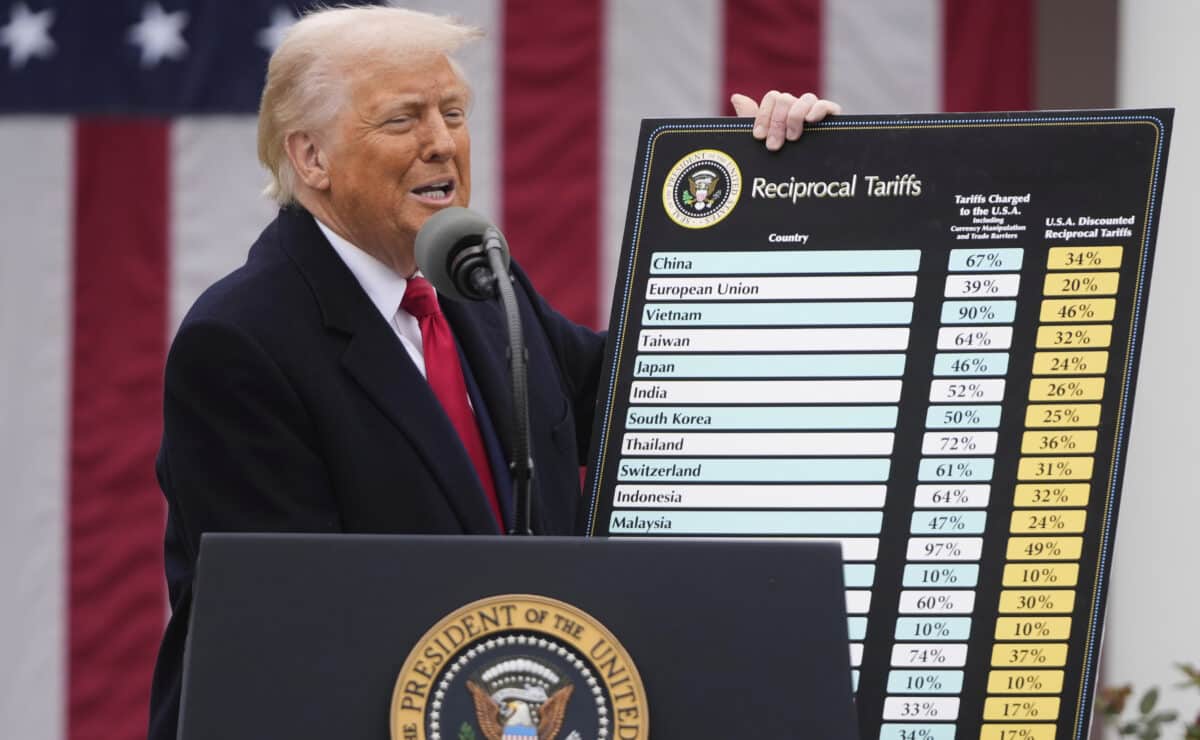

MANILA, Philippines – The 17 p.c tariff imposed by america (US) authorities on Philippine exports could solely have “minimal impression” on the nation, Palace Press Officer Claire Castro stated on Thursday.
“The impression of this received’t be too huge. It is going to be very minimal,” Castro stated in a press briefing, citing the Division of Commerce and Trade’s (DTI) assertion.
READ: Trump units 17% tariff on Philippine items coming to America
Furthermore, Castro insisted that this growth is “excellent news” for the Philippines.
“The 17 p.c tariff that might be imposed is nice information as a result of many nations are getting imposed with even increased ones. Amongst these nations, our tariff is on the second lowest simply behind Singapore,” she added.
She additionally claimed {that a} decrease tariff could make different nations fascinated about investing and manufacturing within the Philippines as a substitute.
“We may achieve buyers from nations which have higher tariffs. They’ll go right here, and begin manufacturing within the Philippines, as a result of we had been solely imposed with a 17 p.c tariff,” Castro continued.
Pushing into recession
Contrastingly, Fitch Scores head of US Olu Sonola stated Trump’s imposed tariffs could push different nations right into a recession, as talked about in a report by NBC Information within the night of April 2 (morning of April 3 Manila time)
“The U.S. tariff fee on all imports is now round 22% from 2.5% in 2024. That fee was final seen round 1910. It is a sport changer, not just for the US financial system however for the worldwide financial system. Many nations will seemingly find yourself in a recession,” Sonola declared.
US President Donald Trump introduced reciprocal tariffs with a number of nations on April 3, citing commerce deficit as a purpose behind the imposed tariffs.
In keeping with the Workplace of the US Commerce Consultant, in 2024, the Philippines exported items valued at $14.2 billion to the US, and imported $9.3 billion; thus, a commerce deficit with the Philippines of $4.9 billion.

